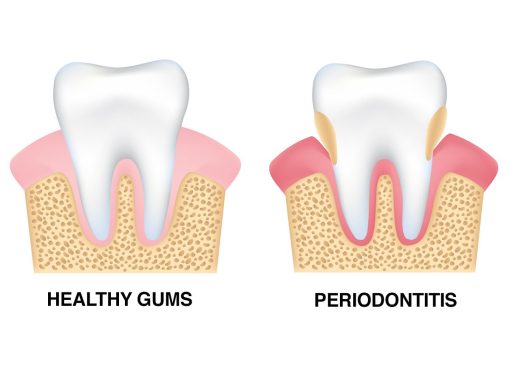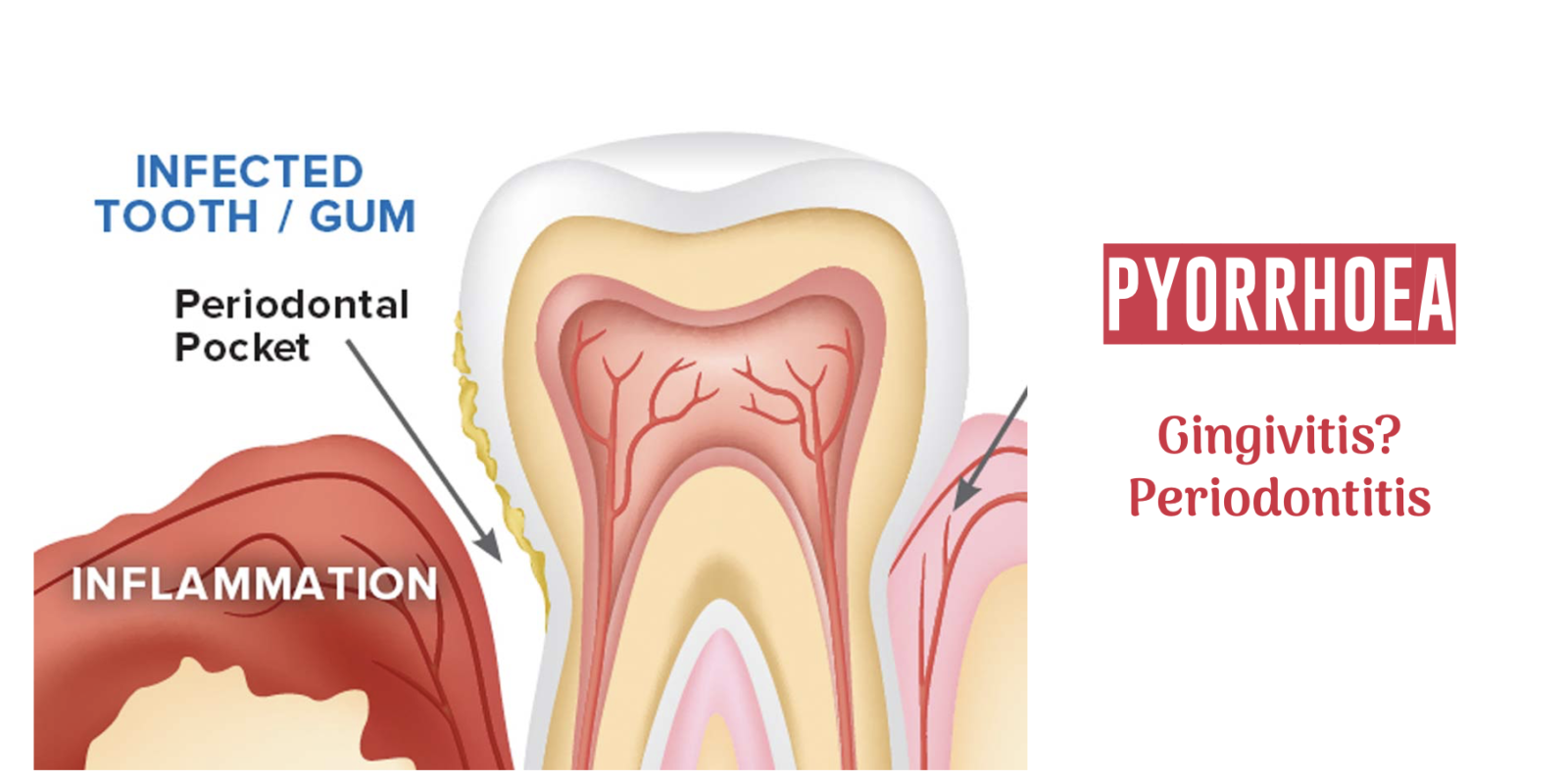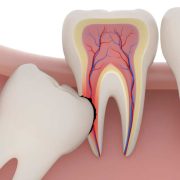Periodontal disease is a serious and potentially damaging oral health issue that can lead to tooth loss, pain, and other serious complications. But did you know that periodontal disease can also make you feel sleepy? This surprising side effect of periodontal disease can be caused by a number of factors, including the body’s natural response to inflammation and the presence of certain bacteria in the mouth. While not a symptom of the gum disease itself, feeling sleepy can be a sign that something is wrong and should be addressed. In this article, we’ll explore the surprising effects of periodontal disease and how it can make you feel sleepy. We’ll also discuss how you can prevent and treat periodontal disease to ensure your mouth and body remain healthy and alert.
What is Periodontal Disease?
Periodontal disease, also known as gum disease, is an infection of the tissues surrounding and supporting the teeth. It typically starts with an accumulation of plaque and tartar on the teeth, which can lead to inflammation and infection of the gums. In severe cases, periodontal disease can cause tooth decay and even tooth loss. It can also lead to other health problems, such as heart disease, stroke, and diabetes. Gum disease is the most common oral health problem in the United States, affecting nearly half of all adults. It is caused by a combination of factors, including poor oral hygiene, smoking, certain medications, and genetics.

Periodontal Disease Make You Feel Sleepy?
The link between periodontal disease and feeling sleepy is still largely unknown, however, it is believed that it could be caused by a number of factors. One possible explanation is that the body’s natural response to inflammation, which is triggered by periodontal disease, can lead to fatigue and a feeling of tiredness. This can make it difficult to stay alert and can lead to feelings of sleepiness.

Another possible cause is the presence of certain bacteria in the mouth, which can lead to a decrease in energy levels and a feeling of fatigue. Certain bacteria, such as Porphyromonas gingivalis, can also trigger an inflammatory response in the body, which can lead to feelings of sleepiness. Regular dental checkups and professional cleanings are crucial in preventing and treating periodontal disease. Proper oral hygiene habits such as brushing twice daily, flossing, and using an antiseptic mouthwash can also help prevent periodontal disease.
What are the risks of Periodontal disease?
Gum disease is a serious and potentially damaging oral health issue, and should not be taken lightly. If left untreated, it can lead to tooth decay, tooth loss, and other serious complications. Additionally, periodontal disease has been linked to an increased risk of heart disease, stroke, and diabetes. Gum disease, also known as gum disease, can have several risks and negative effects on your oral and overall health.
- Tooth loss: Advanced gum disease can cause the loss of teeth due to the damage it causes to the tissues that support teeth.
- Gum recession: Gingival disease can cause gums to recede, leading to exposed tooth roots, sensitivity, and potentially, tooth loss.
- Bad breath: Periodontal disease can cause chronic bad breath, also known as halitosis.
- Tooth sensitivity: As gums recede due to gingival disease, the tooth roots become exposed which can lead to sensitivity to hot and cold temperatures.
- Pain and discomfort: Advanced disease can cause pain and discomfort in the gums and teeth, making it difficult to eat and speak.
- Systemic health issues: There is some research suggesting that periodontal disease may be linked to other health problems, such as cardiovascular disease, stroke, and diabetes.
- Bone loss: In severe cases, gum disease can lead to the loss of bone that supports the teeth.
Signs and symptoms of Periodontal disease
- Red, swollen, or tender gums: Healthy gums should be pink and firm. If your gums are swollen, red, or tender to the touch, it may be a sign of periodontal disease.
- Bleeding gums: Bleeding while brushing, flossing or eating can be a sign of this disease.
- Receding gums: If your gums are pulling away from your teeth, it can be a sign of gingival disease.
- Persistent bad breath: Chronic bad breath, also known as halitosis, can be a sign of periodontal disease.
- Loose or shifting teeth: Advanced gum disease can cause teeth to loosen or shift out of place.
- Painful or sensitive teeth: Periodontal disease can cause tooth sensitivity or pain when chewing.
- Pus or discharge from gums: Advanced gingival disease can lead to the formation of pockets of pus around the teeth and gums.
- Changes in bite: If your teeth suddenly feel like they don’t fit together the way they used to, it may be a sign of periodontal disease.
How to prevent periodontal disease?
The best way to prevent gum disease is to practice good oral hygiene. This includes brushing your teeth twice a day, flossing at least once a day, and using an antiseptic mouthwash. Additionally, it is important to visit your dentist regularly for checkups and cleanings. It is also important to avoid smoking, as this can increase your risk of developing periodontal disease. Additionally, certain medications, such as steroids and birth control pills, can increase your risk of developing periodontal disease, so it is important to discuss any medications you are taking with your dentist.
The best way to prevent periodontal disease is to practice good oral hygiene and to visit your dentist regularly for checkups and cleanings. It is also important to avoid smoking and limit your intake of sugary and starchy foods. If you are experiencing symptoms of periodontal disease. It is important to make an appointment with your dentist as soon as possible. By taking steps to prevent and treat periodontal disease. You can ensure that your mouth and body remain healthy and alert.
How to treat Periodontal disease?
The treatment of the gingival disease depends on the severity of the infection. In mild cases, regular brushing and flossing may be enough to control the infection. And more severe cases, antibiotics and other medications may be necessary to control the infection. In extreme cases, surgery may be necessary to remove the affected tissue. Your dentist may also recommend a special type of cleaning called scaling and root planing, which removes plaque and tartar from the teeth and gums. This can help to reduce inflammation and help to control the infection.
If you are experiencing symptoms of gums disease, it is important to make an appointment with your dentist as soon as possible. Your dentist can diagnose the condition and recommend the best treatment for you. In the meantime, there are a few things you can do to help manage your symptoms. For example, it is important to practice good oral hygiene, including brushing and flossing twice a day and using an antiseptic mouthwash. Additionally, it is important to avoid smoking and limit your intake of sugary and starchy foods, as these can feed the bacteria in your mouth and make the infection worse.
Conclusion
Periodontal disease is a serious and potentially damaging oral health issue that can lead to tooth loss, and pain. And other serious complications. But did you know that periodontal disease can also make you feel sleepy? This surprising side effect of periodontal disease can be caused by a number of factors. Including the body’s natural response to inflammation and the presence of certain bacteria in the mouth. While not a symptom of the gingival disease itself, feeling sleepy can be a sign that something is wrong and should be addressed.
Follow Us For More Updates





